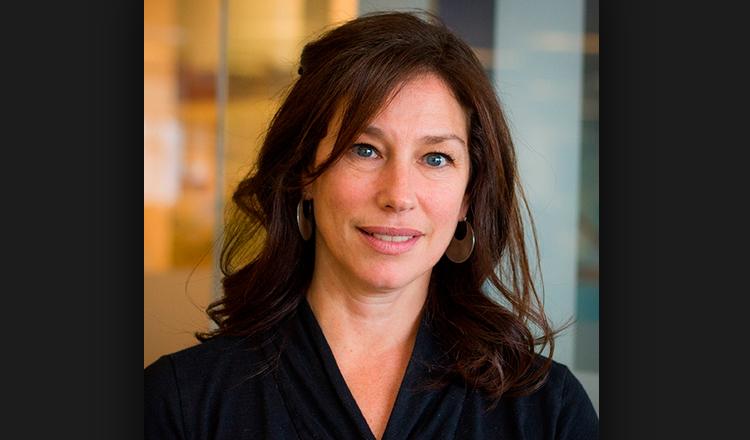Law school graduates have a myriad of choices in the public and private sectors when determining how to use their degrees, but few take on challenges as big as those of Irit Tamir ’91.
An adjunct professor at BC Law, Tamir is also director of Oxfam America’s Private Sector Department. She and her team work in more than 90 countries with the goal of ending global poverty. “Everything we do is focused on reducing poverty and helping people realize their human rights,” Tamir told a panel at Boston College Law School on January 31. “Poverty is a result of injustice in the system, so we focus on shifting power so more people have access to the food, land, and credit they need.”
The presentation, titled “Holding Corporations Accountable for Human Rights Abuses: Lessons from Corporate Campaigning,” was part of the Rights in Conflict presentation series hosted by the Boston College Center for Human Rights and International Justice (CHRIJ). In introducing Tamir, Professor Daniel Kanstroom, co-director of CHRIJ, said the center’s mission is to “nurture a new generation of human rights scholars and practitioners.”
Tamir stressed the need for everyone to help spread public awareness and engage on human rights issues, echoing Kanstroom’s call to, “be a scholar, and be a practitioner, but also be an activist.”
Highlighting Oxfam’s ongoing work in Brazil and Africa, Tamir said her department’s private sector engagement furthers global development and human rights initiatives. “We’re trying to get at the root causes that leave people in poverty,” she said. “The three main streams of our work are humanitarian, food justice, and what we call ‘power and money,’ or a focus on accountable development financing, responsible corporate taxation, and aid.”
Seven years after the adoption of the United Nations Guiding Principles on Business and Human Rights (available here), there are still major gaps that Oxfam tries to fill. “We’ve seen growing internationalization of multi-national corporations since the age of globalization,” Tamir said, “and that combines with a governance gap when home countries aren’t responsibly taxing overseas corporate work and host countries are unable or unwilling to regulate their activities.”
Oxfam uses a wide array of strategies to engage governments and corporations on human rights and development issues, including direct engagement and buying enough stock in companies to spur change as shareholders, online petitions, social media, and “naming and shaming” campaigns.
“We need accountable capitalism, and we need corporations to listen to stakeholders, not just shareholders,” she said. “This is about changing the way business does business.”
Learn more about the CHRIJ and future events here.


